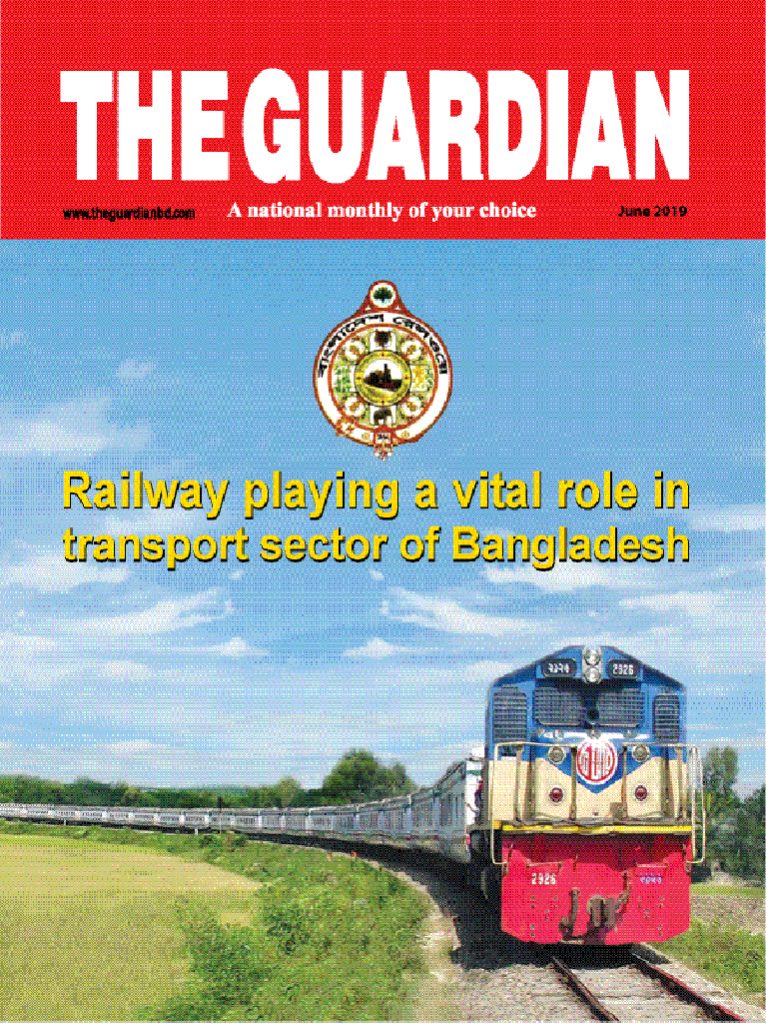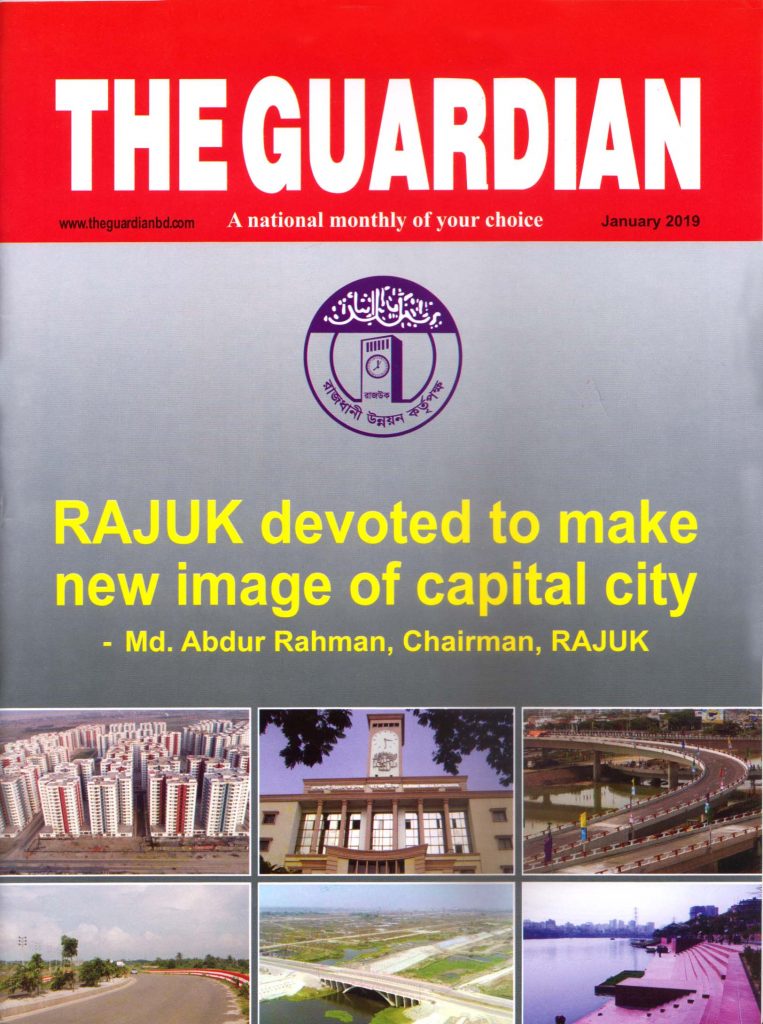Political instability will be the biggest risk to the economy and the capital market this year, a recent survey found.
Half of the respondents in the survey, conducted by LankaBangla Securities between December 29 last year and January 10 this year, identified political turmoil as the biggest risk factor for the capital market as well as the overall economy in 2015.
Called the Bangladesh Capital Market Sentiment Survey 2015, the survey is now in its third year.
Some 101 people — that include chief executive officers and managing directors of different financial and non-financial institutions, merchant bankers, fund managers, market analysts, issue managers, economists, academicians, stock traders and businesspeople — responded to the survey this year.
Political instability was also identified by 57 percent of the respondents as the main reason for the low participation of foreign investors in the country’s capital market.
The majority of the respondents expressed pessimism over the macroeconomic growth this year but expects a moderate bullish trend to prevail in the capital market.
A lack of investor confidence, weak regulatory framework and interventions through frequent policy changes by different regulators were also identified as risk factors to the local capital market, according to the survey.
In addition to political instability, a lack of corporate governance of listed companies and the low quality of stocks of a number of listed companies will also be responsible for the weak foreign investment in capital market.
The respondents were sceptic about the volume of market turnover: the majority — 38 percent — expects it to hover between Tk 500 crore and Tk 800 crore a day.
The majority — 56 percent — felt the demutualisation of the stock exchanges has made the market more transparent and vibrant.
Meanwhile, 82 percent of the participants said financial projection through equity research publications will improve their decision-making.
More than half of the respondents are expecting the fuel and power sector stocks to outperform the market this year, followed by pharmaceutical shares.
Some 48 percent thought the market was “too immature to absorb derivatives”.
On the macroeconomic front, the majority said GDP growth will decline and inflation will rise this fiscal year. They also think the Padma bridge project will not be completed within the stipulated time and that there is need for improvement with regards to the food safety scenario.
However, a bulk of the participants expects: the foreign direct investment to increase, borrowing to become cheaper, exchange rate to remain at the current level and the fall in crude oil prices in the international market to leave a positive impact on the economy.










